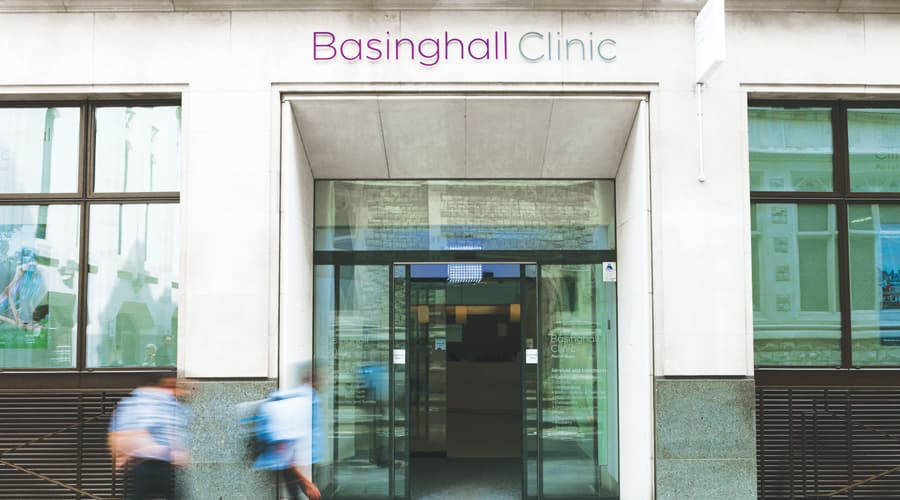Shoulder dislocation
Shoulder dislocation is a condition where the upper arm pops out of the shoulder joint.
A shoulder dislocation can be due to falling heavily on to your arm. It is most common in those who take part in contact sports like rugby or wrestling.
If you are highly flexible or hypermobile you may be more prone to shoulder dislocations.
It can also occur if the connecting tissues supporting the shoulder joint becomes overstretched or torn from repetitive strains.
If you have a shoulder dislocation, you may experience the following symptoms:
- Extreme pain
- Difficulty moving your arm
- Bruising or swelling
- Your shoulder will look misshapen
- Numbness or tingling in the affected area.
Shoulder dislocation treatment
If you have a shoulder dislocation, you will need a ‘reduction’ - this is a quick and simple procedure where the arm is gently moved back into the shoulder joint. This is usually done with painkillers and light sedation. Occasionally, a general anaesthetic will be required.
Once your arm has been re-positioned, you may have another X-ray to check shoulder joint is correctly aligned.
If you had torn ligaments, tendons or damaged tissue when you dislocated your shoulder, you may need surgery to repair the damage and help prevent further dislocations.
After the reduction, you will need to wear a sling for a few days, and it is recommend that you continue with pain relief medication.
Your orthopaedic consultant will recommend some exercises to help keep your shoulder mobile. In addition, you may require physiotherapy to help strengthen your shoulder.
Paying for your treatment
We welcome both self-paying and insured patients.
Self-pay patients
We offer several ways for patients to self-pay, including pay-as-you-go and self-pay packages.
Insured patients
At Cromwell Hospital, we accept private health insurance from most major providers, including AXA, Aviva, Bupa, and Vitality.
Our locations
Please note, Basinghall Clinic may not provide all the services listed on this page.


Book an appointment today
Call us now for appointment bookings, general queries, and personalised quotes.
Alternatively, you can contact us using our online form.
